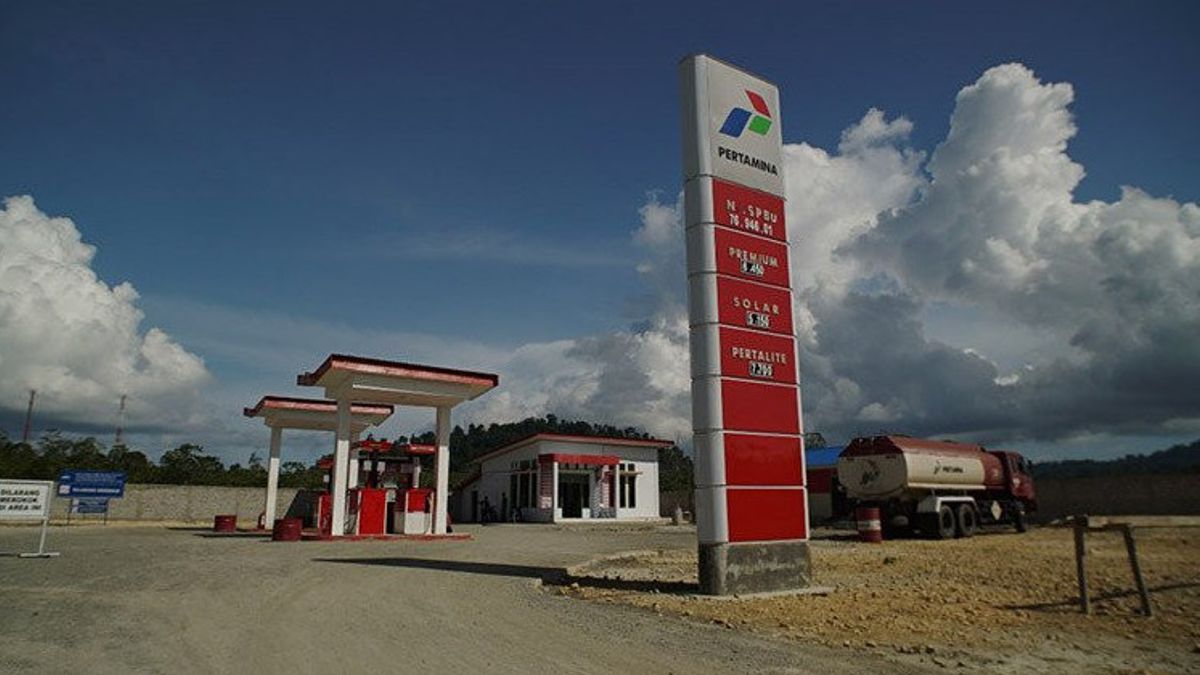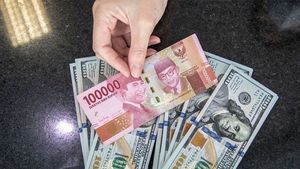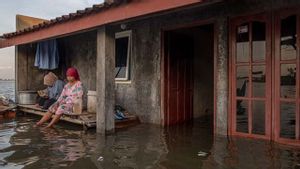JAKARTA - Director of the Center of Economic and Law Studies (Celios) Bhima Yudhistira Adhinegara said that the government has other options besides increasing fuel prices to suppress the increasing subsidy budget and overcome the dwindling fuel stock.
"The increase in the price of pertalite on the one hand will ease the burden on the state budget, but on the other hand the government is obliged to increase social spending funds as compensation for the poor and vulnerable to the poor for the increase in subsidized fuel prices. left," he told VOI, Friday, August 19.
Some of these options include, first, the government is asked to tighten the supervision of subsidized diesel for transportation vehicles in large-scale mining and plantation companies.
"So far, the level of diesel fuel leakage is still happening, and it is easier to monitor the distribution of diesel fuel compared to controlling fuel for private vehicles because the number of transportation is far less than private cars," said Bhima.
According to him, the savings from supervising the distribution of subsidized diesel is enough to help save the budget.
Second, he advised the government to encourage the construction of a gas network (jargas) to replace dependence on imports of 3 kg LPG.
"The gas network is also useful for narrowing the gap in subsidies to wealthy households," he added.
Third, he also asked the government to postpone infrastructure projects and allocate funds to increase the allocation of energy subsidies and divert part of PEN funds for energy subsidies.
Fifth, savings in personnel expenditures, goods and services expenditures, including transfers to regions can still be made. The government is also equipped with a financial emergency law in which the budget shifts without the approval of the DPR.
"So the sooner the state budget reshuffle is carried out, the better," he said.
Furthermore, Bhima added, if the government raises the price of fuel, the impact will be felt directly on the people's purchasing power, which decreases and increases the number of new poor people.
"Because the context is that society is currently facing rising food prices, with inflation approaching 5 percent. On the other hand, people are still not recovering from the pandemic, as evidenced by more than 11 million workers who have lost their jobs, their working hours and salaries have been cut, and have been laid off," he explained.
For this reason, if we add an increase in the price of subsidized fuel, it is feared that the economic pressure for the lowest 40 percent of households will be even more severe.
"Not to mention that there are 64 million MSMEs that depend on subsidized fuel. The government must also think about the effect on MSMEs because these subsidies are not only private vehicles but are also used for small and micro business operational vehicles," he continued.
Based on Bhima's calculations, if the price of Pertalite increases from Rp. 7,650 per liter to Rp. 10,000 per liter, it is estimated that inflation this year will reach 6 to 6.5 percent year on year.
"It is feared to be the highest inflation since September 2015," concluded Bhima.
The English, Chinese, Japanese, Arabic, and French versions are automatically generated by the AI. So there may still be inaccuracies in translating, please always see Indonesian as our main language. (system supported by DigitalSiber.id)













